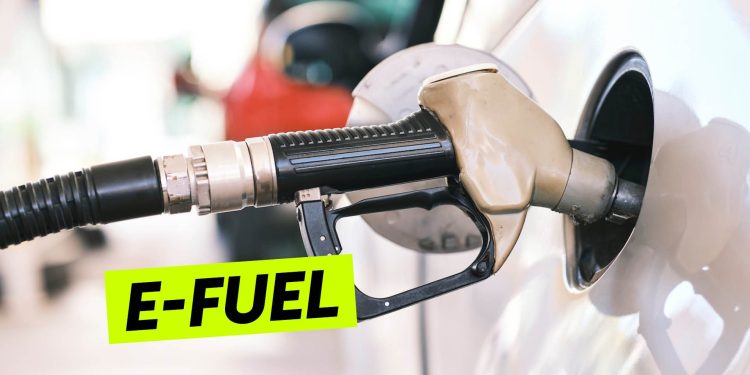Eneos successfully tests synthetic fuel in Japan
Words: Harrison Wade
Japanese oil giant Eneos has successfully conducted a public test of its synthetic fuel in Japan, offering promising results for the future of carbon-neutral motoring.
The oil company made use of a new Toyota Prius to test its fuel at Fuji Speedway, with none other than Toyota CEO Koji Sato behind the wheel. A blend of 10 per cent synthetic fuel was used to power the plug-in hybrid which was assessed for its performance.
According to multiple reports, Sato was impressed with the result, claiming that the car didn’t feel any different from driving a petrol-powered alternative. He also reiterated that Toyota itself would commit to developing synthetic fuels for its combustion vehicles in the future to aid its decarbonising efforts, alongside its upcoming fully electric lineup.
Eneos plans to commercialise the fuel but understands that careful timing is needed to bring it to market, as well as collaborating with carmakers. The fuel company’s president, Saito Takeshi, says he wants synthetic fuel to be accessible by consumers before 2027.
If you aren’t already aware, synthetic fuels, or e-fuels, are made by synthesising carbon dioxide with hydrogen to create a carbon-neutral liquid (if sustainable energy is used to power the process) that can be used in vehicles with internal combustion engines (ICE).
A growing number of carmakers and fuel companies have invested in the technology, including the likes of Porsche with its eFuels technology used to power the Porsche Carrera Cup race series and driver experience vehicles at various dealers.
Synthetic fuels have also become somewhat of a saving grace in Europe, allowing the sale of low volume vehicles fitted with an ICE into the future. Many enthusiasts were up in arms after the European Union announced it would effectively ban the sale of combustion-powered vehicles from 2035, but it has now made arrangements for carmakers to continue their production so long as they’re fueled carbon neutrally.





